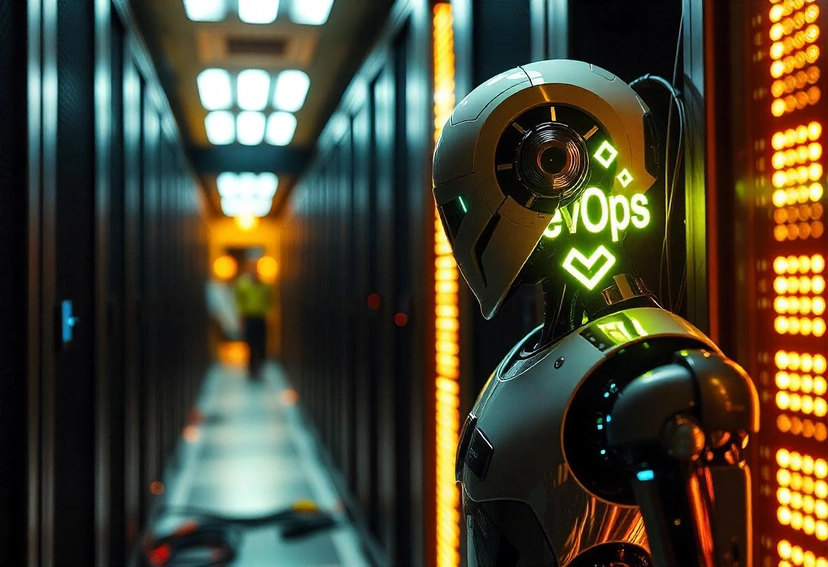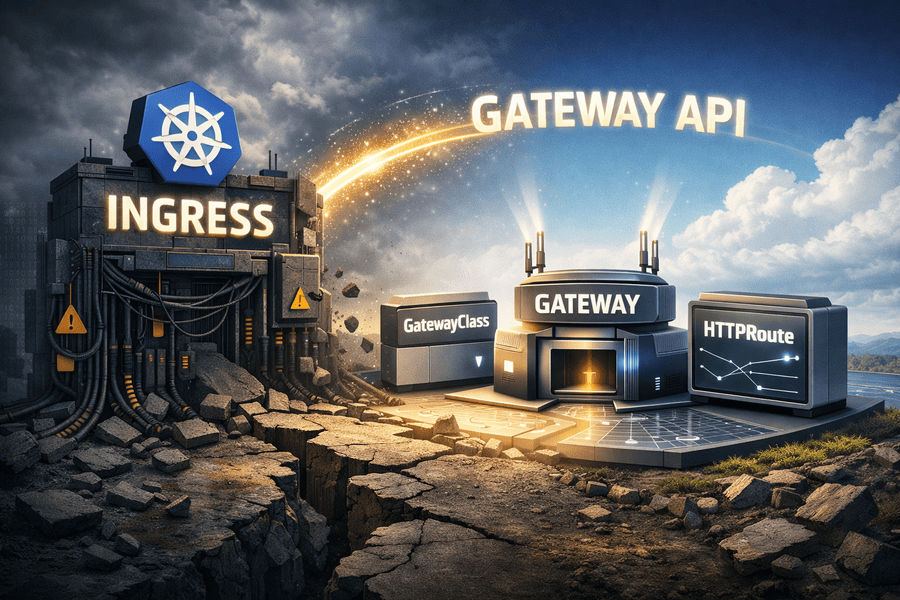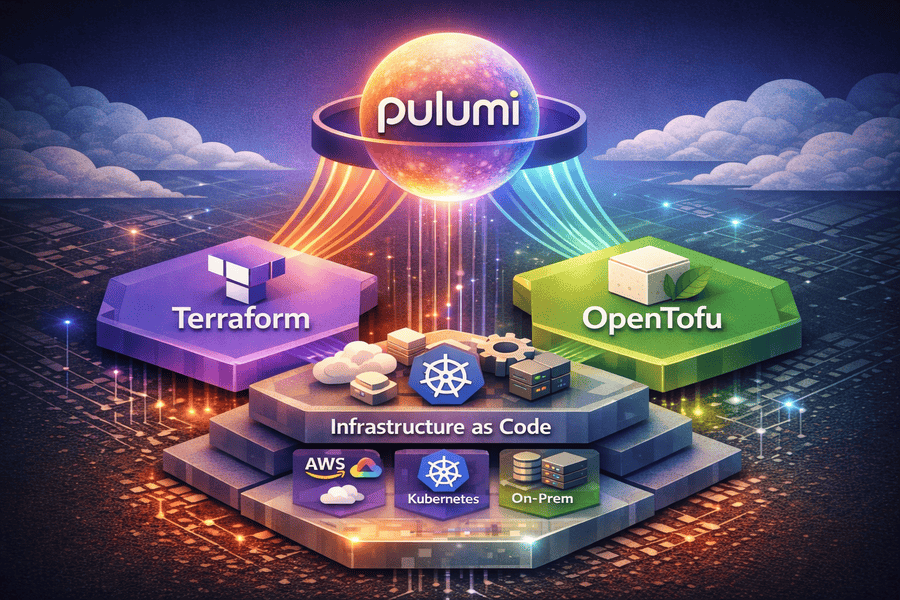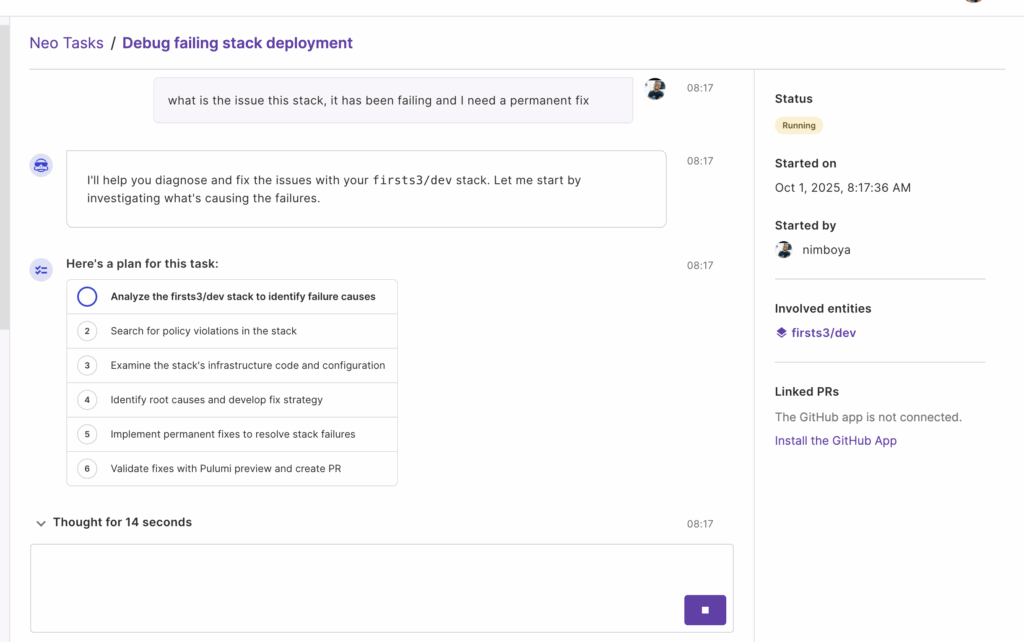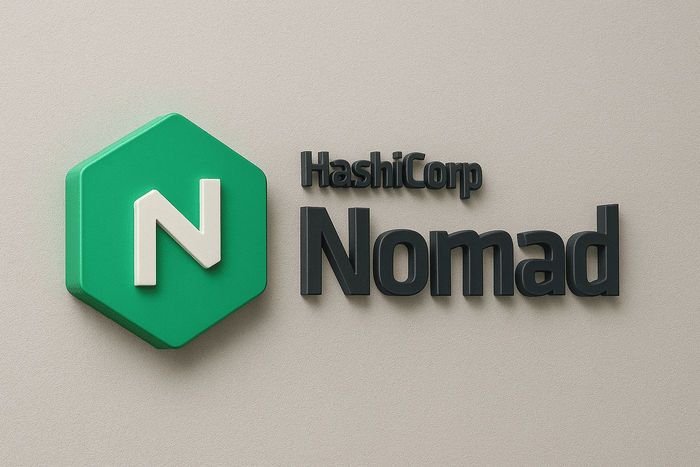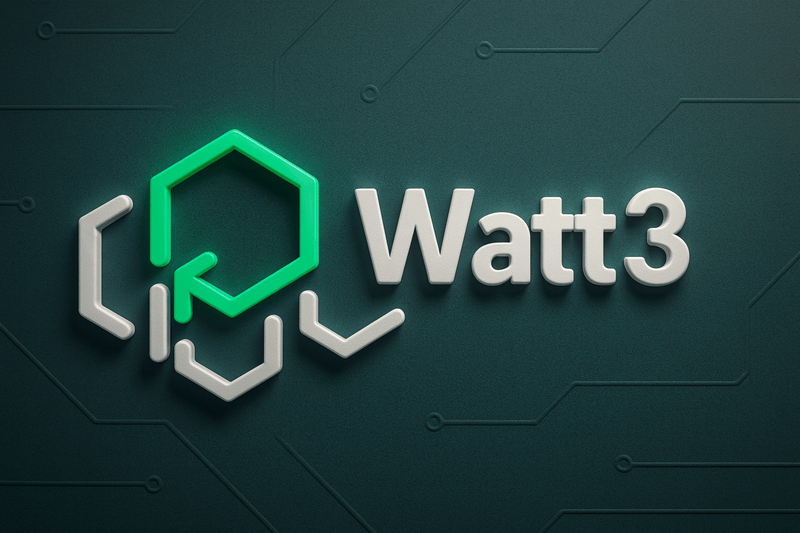In today’s fast-paced tech landscape, DevOps has become the backbone of software development and delivery. But as systems grow more complex, traditional DevOps practices are struggling to keep up. Enter **Artificial Intelligence (AI)**—the game-changer that’s transforming how teams build, deploy, and manage software. From automating repetitive tasks to predicting system failures, AI is revolutionizing DevOps in ways we couldn’t have imagined a decade ago. In this post, we’ll explore how AI is reshaping DevOps and dive into real-world use cases that prove its potential.
Why AI in DevOps?
Before we dive into the use cases, let’s understand why AI is such a perfect fit for DevOps:
- Modern systems are too complex for humans to monitor and manage manually.
- AI can process vast amounts of data in real-time, enabling faster decision-making.
- AI can predict issues before they occur, reducing downtime and improving reliability.
- By automating repetitive tasks, AI frees up engineers to focus on higher-value work.
Real-World Use Cases of AI in DevOps
Automated Testing and Bug Detection
Manual testing is often time-consuming and prone to human error, leading to inefficiencies in the software development lifecycle. AI-powered testing tools offer a transformative solution by automatically generating test cases, identifying edge cases, and detecting bugs with greater accuracy. Tools like Testim and Applitools leverage machine learning to streamline the testing process, reducing the time required by up to 80%. This automation not only accelerates software releases but also enhances overall quality, minimizing defects and improving reliability. As a result, development teams can focus on innovation rather than repetitive testing, leading to faster delivery, higher-quality software, and increased satisfaction among developers.
Predictive Analytics for Incident Management
System failures and downtime can be incredibly costly, leading to significant financial losses and operational disruptions for companies. AI-driven solutions address this challenge by analyzing historical data to predict potential failures and recommend preventive measures before issues arise. For example, Dynatrace leverages AI to continuously monitor system performance, detect anomalies, and anticipate outages before they occur, enabling businesses to take proactive action. By reducing downtime and improving system reliability, AI-powered monitoring not only enhances operational efficiency but also lowers maintenance costs, ensuring a smoother and more resilient IT infrastructure.
AI-Driven CI/CD Pipeline Optimization
CI/CD pipelines can quickly become bottlenecks if not properly optimized, slowing down software delivery and increasing development friction.
AI-powered solutions help streamline these pipelines by analyzing performance data and suggesting optimizations, such as parallelizing tasks, reallocating resources, and identifying inefficiencies.
Tools like Harness leverage AI to automate fixes and improve pipeline efficiency, ensuring smoother and faster deployments.
By reducing build times and optimizing resource usage, AI-driven CI/CD enhancements enable development teams to deliver software more efficiently, accelerating innovation while minimizing delays and operational overhead.
ChatOps for Team Collaboration
During complex deployments, teams often struggle to stay aligned, leading to miscommunication, delays, and increased risk of errors. AI-powered chatbots provide a solution by streamlining communication and automating routine tasks, ensuring that critical information is shared in real-time.
Tools like Opsgenie, which integrates with Slack, leverage AI to intelligently route alerts, assign tasks, and provide status updates, keeping teams informed and coordinated.
This automation enhances collaboration, speeds up incident resolution, and reduces human error, ultimately making deployments more efficient and less stressful for development and operations teams.
Intelligent Log Analysis
Logs are often vast and complex, making it difficult for humans to analyze them efficiently and extract meaningful insights. AI-powered tools address this challenge by automatically sifting through logs, identifying patterns, and flagging anomalies in real-time.
Solutions like Splunk ITSI leverage machine learning to detect irregularities in log data and provide actionable insights, enabling teams to troubleshoot issues faster and more accurately.
By reducing mean time to resolution (MTTR) and enhancing system performance, AI-driven log analysis helps organizations maintain more reliable and efficient IT operations while minimizing downtime and manual effort.
Challenges of AI in DevOps
While AI brings significant benefits to DevOps and IT operations, it also comes with several challenges that organizations must address.
Data quality is a critical factor, as AI models require clean, accurate, and well-structured data to deliver reliable results.
Additionally, there is a skill gap, as teams need to upskill and adapt to working with AI-driven tools to maximize their effectiveness.
Cost is another concern, as implementing AI solutions can be expensive, requiring investment in infrastructure, software, and training.
Moreover, ethical concerns arise due to potential biases in AI models, which can lead to unfair or inaccurate outcomes if not properly managed. Despite these challenges, organizations that proactively address these issues can unlock AI’s full potential to enhance efficiency and innovation. Here are the key challenges in summary;
- Data Quality: AI models need high-quality, structured data to function effectively.
- Skill Gap: Teams must upskill to effectively use AI-driven tools.
- Cost: Implementing AI solutions can require significant investment.
- Ethical Concerns: Bias in AI models can result in unfair or inaccurate outcomes.
The Future of AI in DevOps
The integration of AI into DevOps is still in its early stages, but its potential to revolutionize the field is immense. In the coming years, we can expect self-healing systems that automatically detect and resolve issues without human intervention, minimizing downtime and improving system resilience. AI will also enable hyper-personalized DevOps, tailoring workflows to individual team members’ preferences and work habits, enhancing efficiency and collaboration. Additionally, AI will play an even greater role in security, proactively identifying and mitigating threats before they escalate. As AI continues to evolve, DevOps teams will experience faster, more reliable, and more secure software delivery processes, paving the way for unprecedented levels of automation and optimization. In Summary, AI in DevOps will play a key role in these three major areas:
- System Reliability
- Security
- DevOps Workflows
Conclusion
AI is no longer a futuristic concept—it’s here, and it’s transforming DevOps in profound ways. From automating testing to predicting system failures, AI is enabling teams to work smarter, faster, and more efficiently.
While challenges remain, the benefits far outweigh the risks. As we move forward, embracing AI in DevOps will be key to staying competitive in an increasingly complex tech landscape.
Also, taking a look at key areas in DevOps principles and practices that can be improved, from process optimization to more efficient delivery management.
All these will generally improve the core DevOps metrics for any organization that implements AI in its DevOps and Platform Engineering practices and systems.

